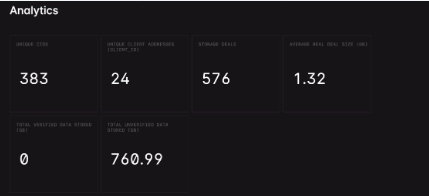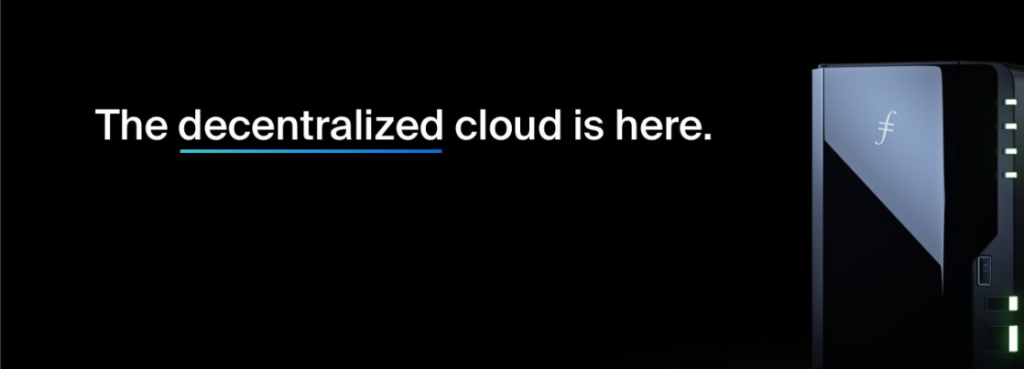Filecoin hits 1 exabyte of storage capacity according to the latest announcement by the project’s CEO Juan Benet. The decentralized blockchain storage network wants to hit a new milestone after this one so let’s find out more in our latest blockchain news.
As Filecoin hits 1 exabyte of storage, the next step is to get applications to join the network now that it is estimated that it surpassed the size of Netflix’ library. Protocol Labs CEO and founder Juan Benet commented that Filecoin network is surpassing the expectations for becoming a large-scale storage space. Filecoin took in about $200 million from a 2017 ICO which was launched in October 2020. According to him, the decentralized blockchain network that rents and borrows computer storage reached one Exabyte of storage capacity which is the size of Dropbox when it was during the filing of its IPO in 2018.
buy silagra online http://www.mrmcfb.org/images/layout4/new/silagra.html no prescription
Benet said:
“Being able to reach a scale to compete with and contend with the traditional cloud is something that many people said was impossible. When we first set out to do this, so many people laughed at us and laughed at me directly, saying, ‘You’ll never get a decentralized network to exceed a few petabytes, maybe 10 petabytes.’ And now we’re passing one exabyte.”

For those that have no clue of the magnitude of a byte, one Exabyte is a “hundred times more than what people said was possible” and this is only the beginning of the network according to Benet. By comparison, Twitter produces about 4.3 petabytes every year which is 0.0043 exabytes. The data company Zeenea estimated back in 2019 that Netflix stored 60 petabytes of TV shows, movies, and more, which comprised 6 percent of Filecoin’s current capacity.

There’s still excess capacity left on the network which relies on miners for getting it. According to the Filecoin storage statistics, in November last year, there were 761 gigabytes of data were used on the network. Filing this capacity is what Benet and Protocol Labs aim to do. The founder pointed out that Ethereum and other blockchain networks are not really built for hosting applications end to end:
Now, with the capacity expanding, there’s a chance to compete with legacy products if they “start moving lots of applications over to this network.” He continued:
“Beyond that, we start looking into the frontier of new kinds of use cases and new kinds of applications that people haven’t built before.”
DC Forecasts is a leader in many crypto news categories, striving for the highest journalistic standards and abiding by a strict set of editorial policies. If you are interested to offer your expertise or contribute to our news website, feel free to contact us at [email protected]























Discussion about this post